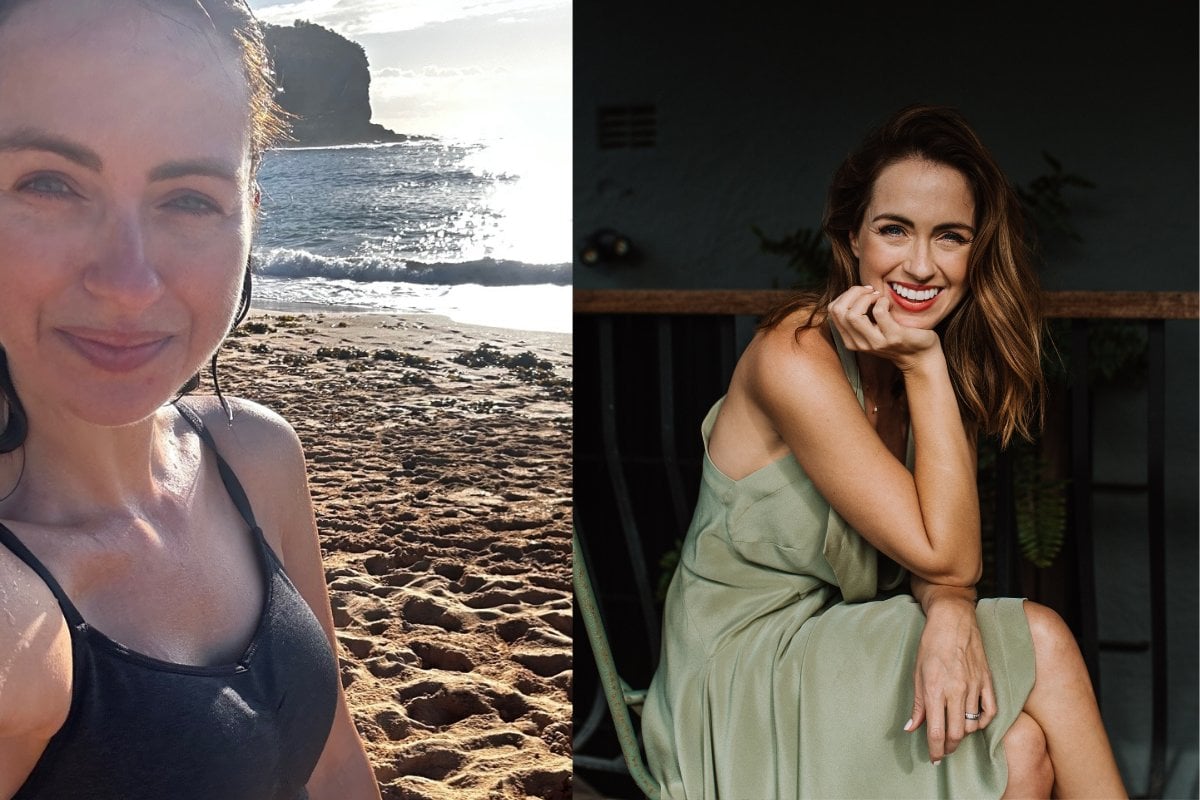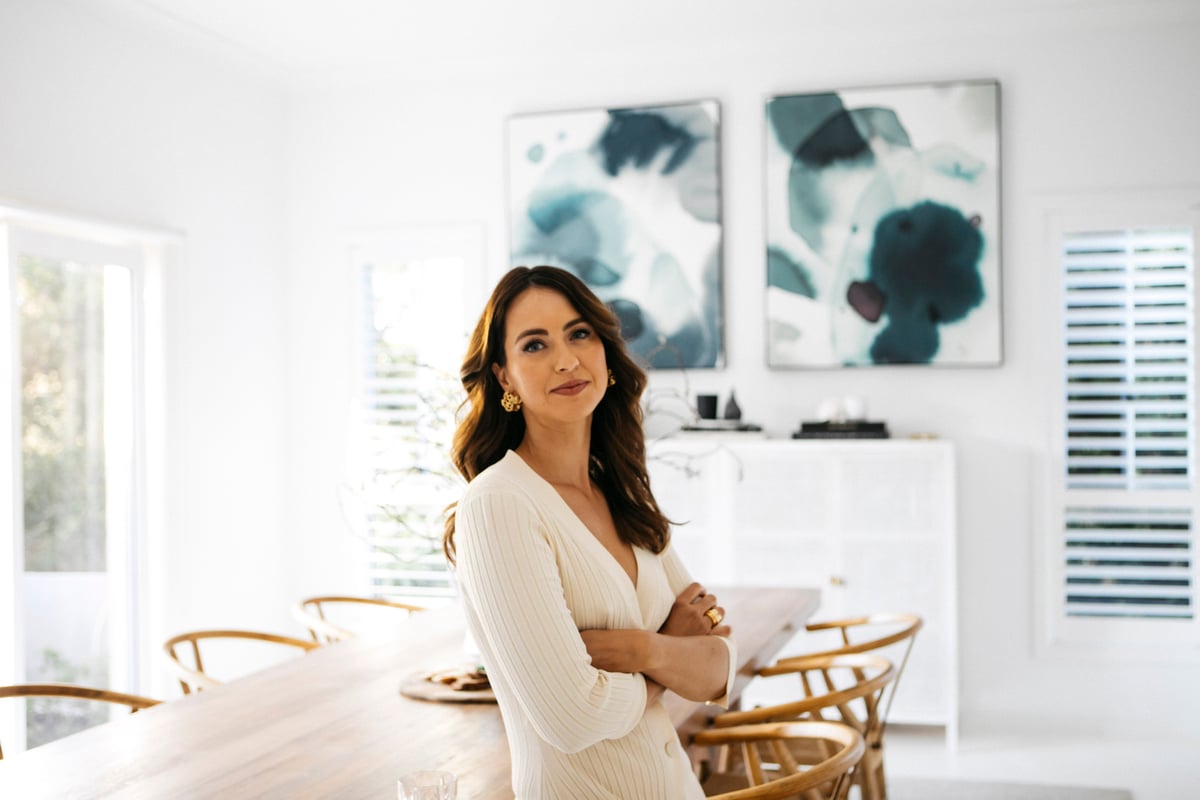
Towards the end of last year I had what some might call a breakdown…
It wasn’t an abrupt system fail or a dramatic tools-down moment. It was more of a slow and silent slipping underwater. A gradual feeling of failure that permeated everything I did.
In my social posts and on my website Beauticate, I try to be open and authentic but I’ve always been scared to reveal too much about my mental health in case my more conservative advertisers thought I was too, well… messy.
But on an episode of my new podcast, I was candid about going to rehab for anxiety and there was an overwhelming response from my followers. Opening up about my rehab stay felt very big and hard, but I really want to help others who have felt like me.
As I’ve discovered via countless DMs from other women who have been through similar, way too many of us suffer in silence.
Watch: Supporting A Loved One With Anxiety. Post continues below.
I didn’t actually think I had any major emotional issues at first, but I’d been struggling with my health for years. Chronic neck and shoulder pain, and more recently terrible reflux that would wake me in the night with crippling pains and nausea. Doctors told me that stress often exacerbates both issues, so I started to look at my mental health.

